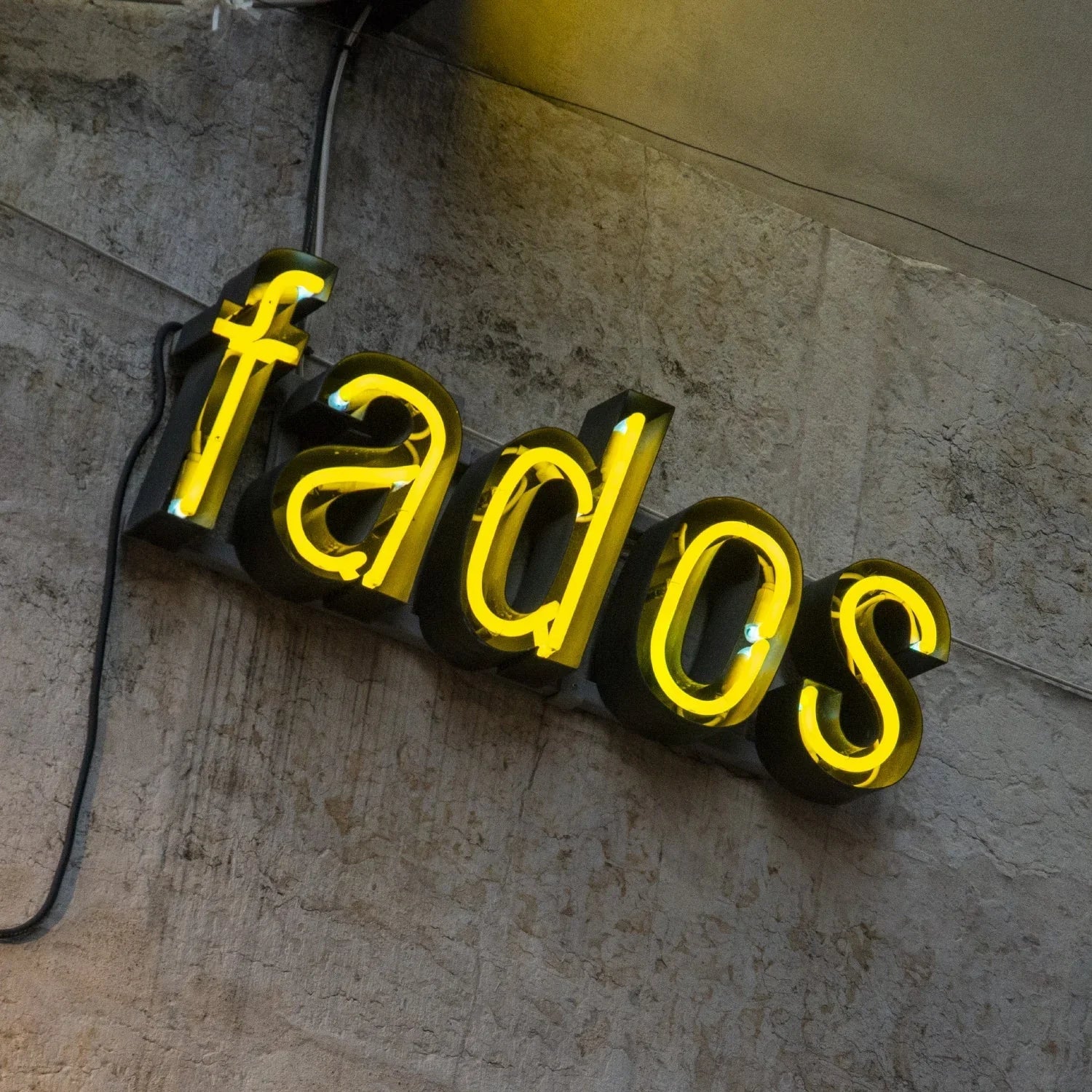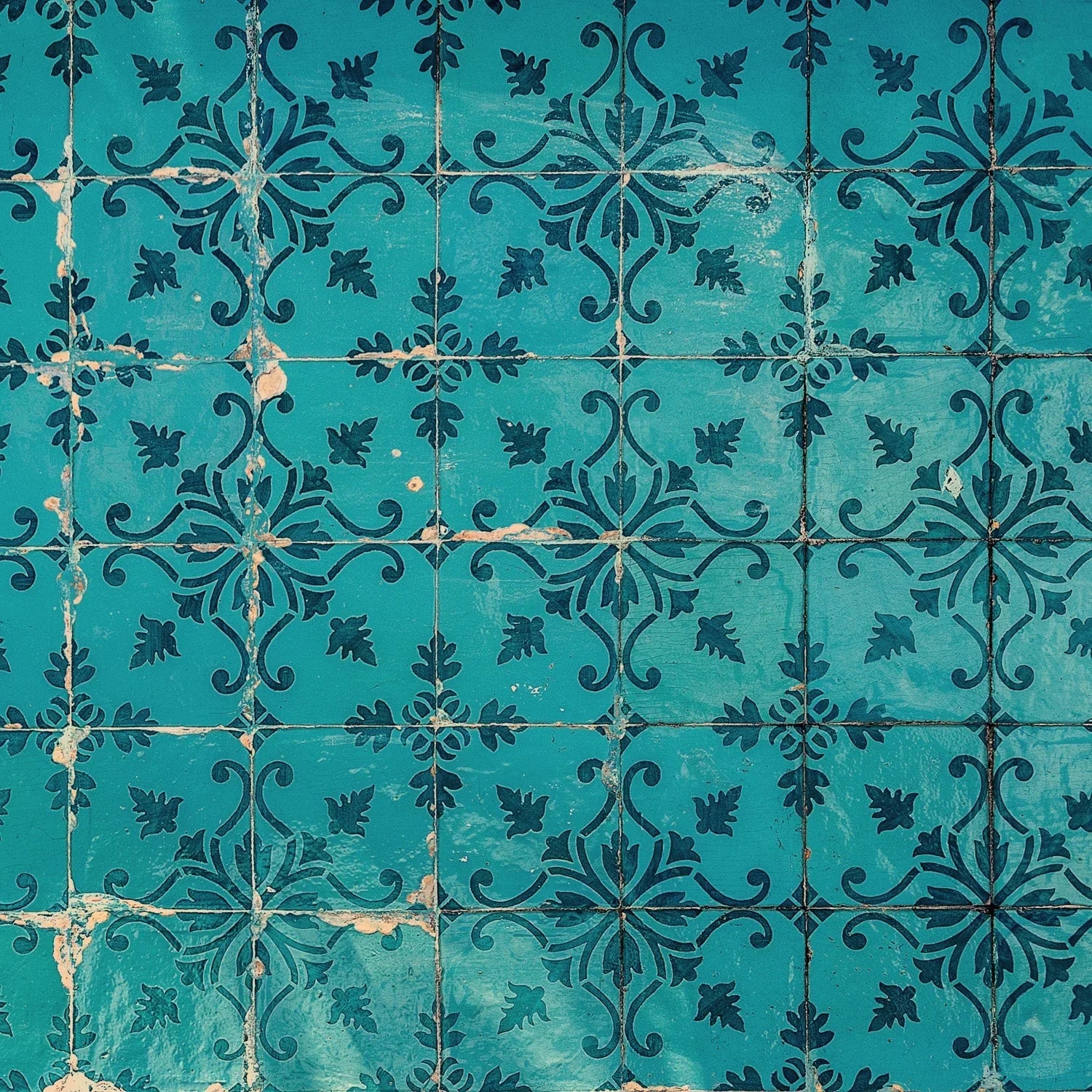Article: Fado: The Melodic Soul of Portugal

Fado: The Melodic Soul of Portugal
Immerse yourself in the enchanting universe of fado , a musical form deeply rooted in the Portuguese soul, which captures the passions, pains and joys of life. Fado is not just a musical style — it is a living heritage , an intimate reflection of Portugal’s history and culture.
Mysterious origins and eclectic influences
Fado originated in the early 19th century in the working-class neighborhoods of Lisbon, but its exact origins remain shrouded in mystery. Influenced by Arabic chants, African laments and traditional Portuguese melodies, fado quickly became the voice of the people. With its melancholic and intense melodies, it was sung in taverns and squares, telling stories of everyday life, maritime destinies and lost loves.
Icons of Fado: from Severa to Mariza
The legendary Maria Severa , considered the first fado singer, gave prestige to this genre in the 1840s. Since then, many artists have followed in her footsteps, bringing different styles and interpretations. Iconic figures such as Amália Rodrigues , the “Queen of Fado”, internationalized the genre and influenced generations of musicians. Today, contemporary names such as Mariza , Ana Moura and Camané continue to keep fado alive, vibrant and current.
Fado and UNESCO
In 2011, fado was classified as Intangible Cultural Heritage of Humanity by UNESCO , a recognition that reinforces its cultural importance, not only for Portugal, but also for the world. This distinction helped to preserve and promote fado as a symbol of Portuguese identity.
Living Fado
To truly understand fado, you have to experience it live. Lisbon, with its many fado houses , is the ideal place to immerse yourself in this experience. In historic neighborhoods such as Alfama or Mouraria , you can hear the intense voices of the fado singers accompanied by the strings of the Portuguese guitar, in an intimate atmosphere that will move any visitor.
Modern Fado: tradition and innovation
Despite remaining true to its roots, fado continues to reinvent itself. Many modern artists incorporate influences from jazz, pop or even rock, creating innovative interpretations that attract a new generation of listeners. This fusion of tradition and modernity shows the strength of fado in remaining current without losing its essence.
Conclusion
Fado is much more than music — it is an emotional journey , a link to the past and a profound reflection of the Portuguese soul. Whether you discover it through its historical roots or at an intimate concert in a fado house, you will certainly feel the intensity, longing and beauty of this unique art.
Come and feel the heart of Portugal through fado.


